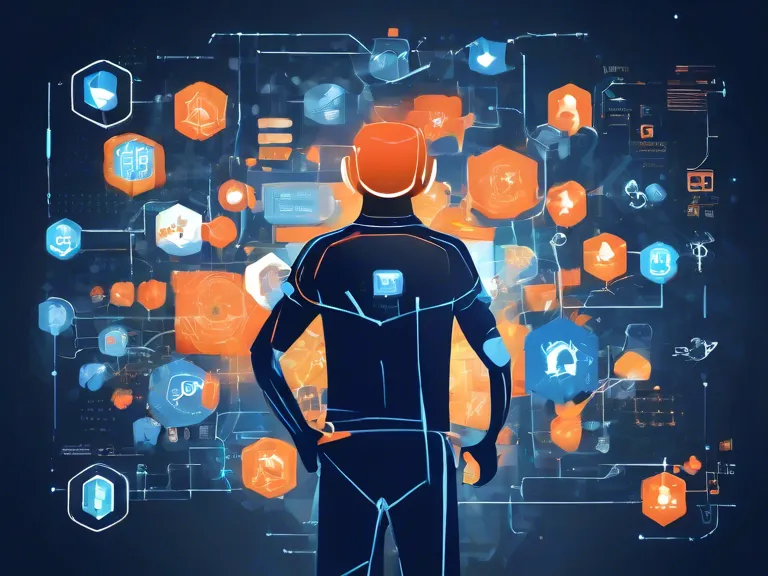
In recent years, big data has revolutionized many industries, and the gaming world is no exception. The massive amount of data that is generated every minute by players can provide valuable insights for game developers looking to personalize the gaming experience and improve player engagement.
One of the key impacts of big data on gaming personalization is the ability to create adaptive gameplay experiences that cater to individual player preferences. By analyzing player data, such as playing patterns, in-game purchases, and interaction with other players, game developers can tailor the gaming experience to each player's unique preferences. This level of personalization not only enhances the player experience but also increases player retention and, ultimately, drives revenue for game developers.
Moreover, big data analytics can help game developers understand player behavior and engagement more deeply. By analyzing player data in real-time, developers can identify trends, predict player actions, and optimize gameplay to keep players engaged for longer periods. This can lead to increased player satisfaction and loyalty, as well as improved overall gaming experience.
Additionally, big data can also be used to improve in-game advertisements and monetization strategies. By analyzing player data, game developers can deliver targeted ads to players based on their preferences and playing habits, leading to higher click-through rates and increased revenue. Furthermore, big data analytics can help game developers optimize their in-game purchase offerings, pricing strategies, and promotions to drive higher player spending and profitability.
In conclusion, the impact of big data on gaming personalization and player engagement cannot be overstated. By leveraging the power of big data analytics, game developers can create more immersive, personalized gaming experiences that keep players engaged and coming back for more.

